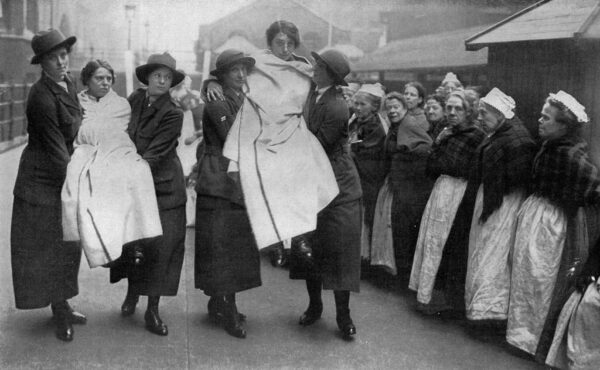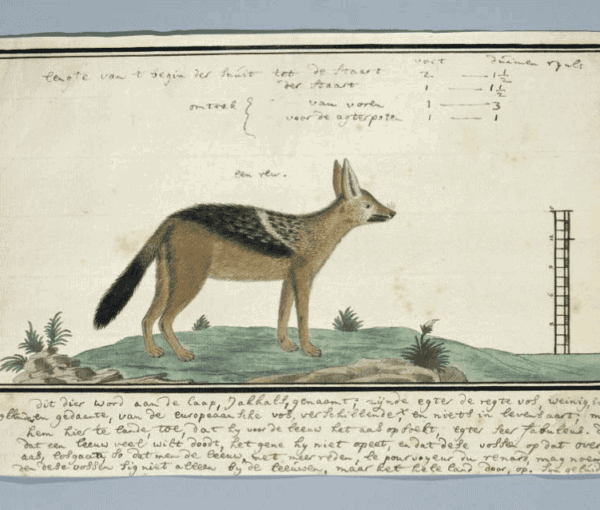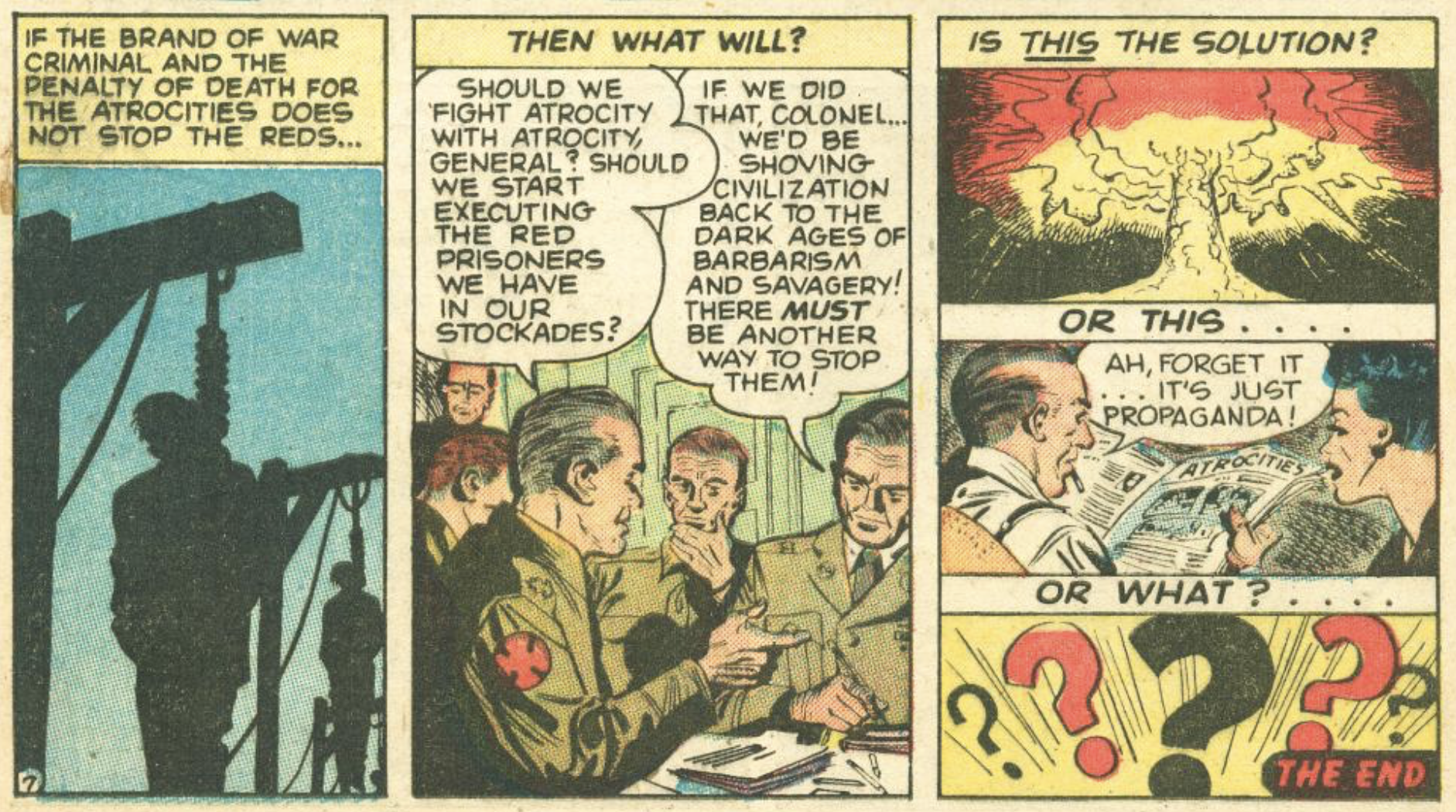Since launching in 2015, the AHA Today Summer Blog Contest has focused on one thing: to give graduate students an opportunity to hone their communication skills by giving them access to a public platform. This year, our winners, Bridget Keown (Northeastern Univ.) and Bernard C. Moore (SOAS, Univ. of London), in four posts each, shared their research with AHA Today readers, and in the process enlightened us about subjects as diverse as women and trauma during World War I and the relationships between animals and humans under colonialism in Namibia. Check out their posts if you haven’t already, and consider submitting an application next year! We leave you with some final thoughts from our bloggers:

The process of researching and writing posts for her blog series on women’s experiences of trauma in the First World War renewed Bridget Keown’s interest in the subject and in the significance of her sources to scholarship on the war. Wikimedia Commons
Bridget Keown
Statement of Particulars: Women’s Experiences of Trauma in the First World War
I applied for the AHA Today Summer Blog Contest in the hopes of sharing the personal stories of some of the women whose lives I’ve encountered while searching through case notes and hospital records of the First World War. I’ve always believed that their stories, their experiences, and the trauma they suffered as a result, helps disrupt the more traditional narratives of the First World War.
What I hadn’t expected was that, with each source I analyzed, and each woman’s story I researched for my blog posts, I would discover new avenues of study and new writing projects focused on women, their relationships, and their subjectivity, that I hadn’t considered previously. As a result, each blog post thoroughly renewed my interest and my energy in my research, and in the potential these sources have to enrich our understanding of the First World War. Additionally, the opportunity to work with the talented editors at the AHA and to share my work with others has helped me develop into a more clear, concise, and thoughtful writer. I know my dissertation will be better for this opportunity!
- Gendered Treatments of Trauma during the First World War
- “To Save Her Sister’s Soul”: Uncovering a Nurse’s Trauma in WW1 Britain
- “I am Certainly Having a Most Wonderful Experience”: Finding Women’s Expressions of Suffering in Personal Writings

Writing for AHA Today helped Bernard C. Moore explain more directly and succinctly what scholars outside of African history can gain from reading Namibian economic and environmental history. Rijksmuseum Amsterdam (www.robertjacobgordon.nl) Fair use
Bernard C. Moore
Killing for Sheep: Locating “Vermin” in the Namibian Archives
As my writing for the AHA Today Summer Blog Contest concludes, I must first thank the AHA Today editorial staff for their patience, support, and excellent commentary on my writing. Their engagement with my articles helped make them far more succinct, clear, and open to a general audience than I ordinarily write for. I find it more difficult than I should to write short pieces on complex subjects, especially when I’m nearly certain that my audience has little-to-no background in the content I’m delivering.
Writing for the AHA has helped me realize that, perhaps, I don’t need to spend 1,000 words writing about a specific kind of fencing! On a more serious note, this exercise has forced me to be clear about the broader significance of my narrative and what a non-Africanist can gain from reading Namibian economic and environmental history. Thank you, AHA team!
- “Dogs Were Our Defenders!” Canines, Carnivores, and Colonialism in Namibia
- “Vermin are Like Weeds in Your Garden”: Fences, Poisons, and Agricultural Transformation in Colonial Namibia
- Caught between a Rock and a Hyrax: Consequences of Vermin Control in Namibia
This post first appeared on AHA Today.
This work is licensed under a Creative Commons Attribution-NonCommercial-NoDerivatives 4.0 International License. Attribution must provide author name, article title, Perspectives on History, date of publication, and a link to this page. This license applies only to the article, not to text or images used here by permission.
